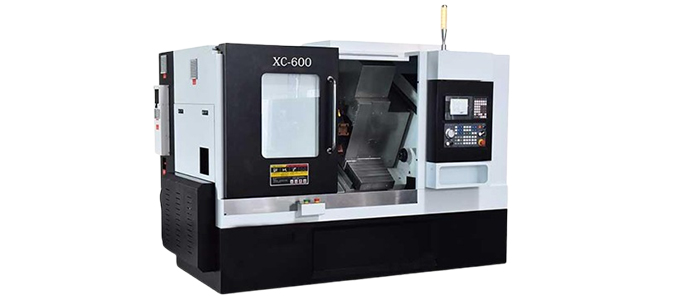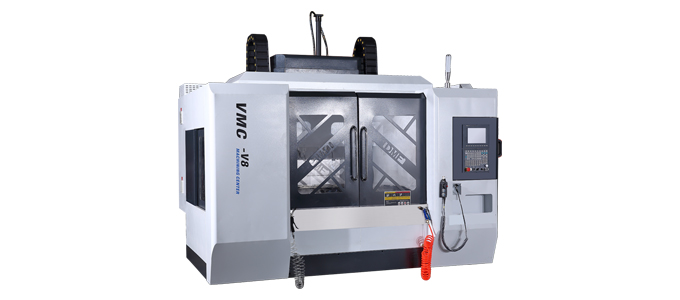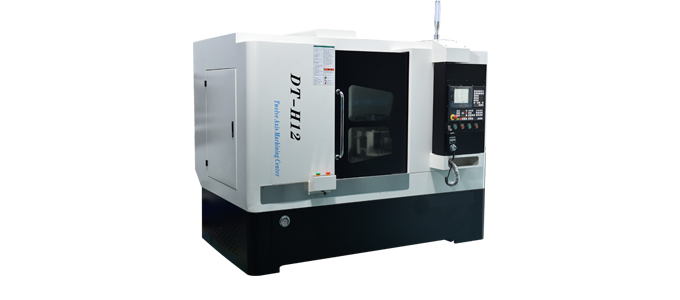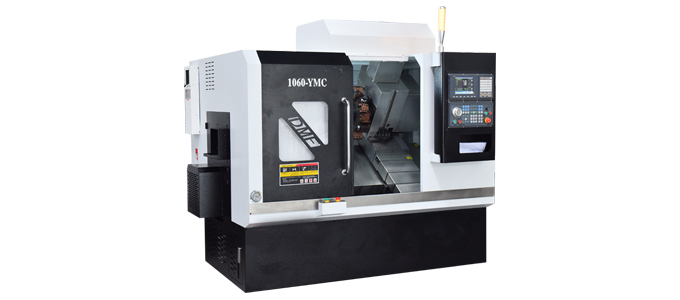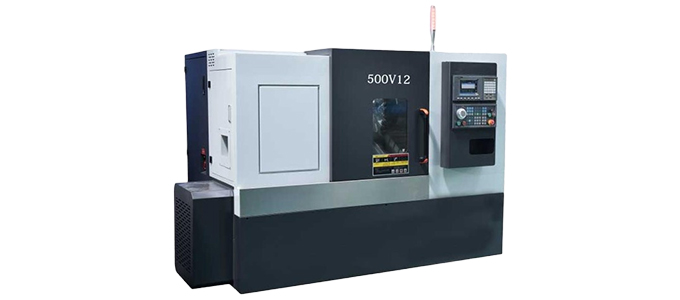Shipbuilding is a complex and demanding industry that requires the highest standards of precision and quality in the production of components. CNC (Computer Numerical Control) lathe machines have become essential tools in this field, providing the accuracy and efficiency needed to manufacture critical parts such as rudder shafts, propeller shafts, porthole fittings, marine valves, pipe joints, elbows, and flanges.
CNC lathe machines operate through pre-programmed instructions that control the movement and operation of the tools. This automation ensures that each part is produced with exact specifications, minimizing errors and enhancing consistency. The ability to produce complex shapes and detailed features with high precision makes CNC lathe machines ideal for the shipbuilding industry.
Rudder shafts are vital for the steering of ships, and their production requires utmost precision. CNC lathe machines can turn raw metal into perfectly dimensioned rudder shafts, ensuring smooth operation and durability. The accuracy of CNC machining ensures that rudder shafts can withstand the harsh marine environment and maintain the integrity of the steering system.
Propeller shafts, which transmit power from the engine to the propeller, also benefit from CNC machining. These shafts must be manufactured to exacting standards to prevent operational issues such as vibrations and inefficiencies. CNC lathe machines can produce propeller shafts with the required precision, improving the overall performance and longevity of the vessel.
The production of porthole fittings and marine valves also benefits from CNC technology. These components often have intricate designs and require tight tolerances to function correctly. CNC machines can produce porthole fittings with detailed features and marine valves that regulate fluid flow accurately, ensuring their proper functionality and reliability in marine applications.
Pipe joints, elbows, and flanges are essential components of the ship's plumbing and exhaust systems. CNC lathe machines can manufacture these components in various shapes and sizes, ensuring precise fits and leak-proof connections. The flexibility of CNC machining allows for the customization of these parts to meet specific requirements, enhancing the overall efficiency of the ship's systems.
CNC lathe machines also offer several additional benefits in marine component production. These machines can operate continuously, reducing production times and increasing output. The consistency provided by CNC machining ensures that every part meets the required quality standards, enhancing the reliability of the vessel's operations. Additionally, CNC machines reduce labor costs and minimize the risk of errors due to their high level of automation.
In conclusion, CNC lathe machines play a crucial role in the shipbuilding industry by providing the precision, efficiency, and reliability needed to produce essential components. The ability to manufacture rudder shafts, propeller shafts, porthole fittings, marine valves, pipe joints, elbows, and flanges with high accuracy ensures the safety and performance of modern vessels. As technology continues to advance, CNC lathe machines will remain integral to the shipbuilding industry, driving innovation and improving the quality of maritime components.


